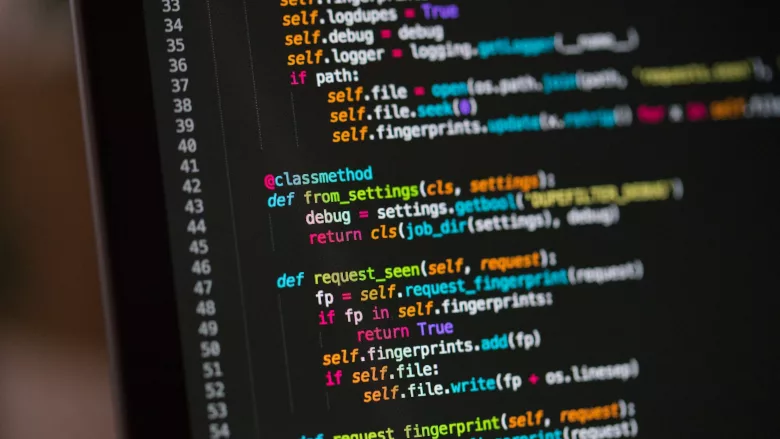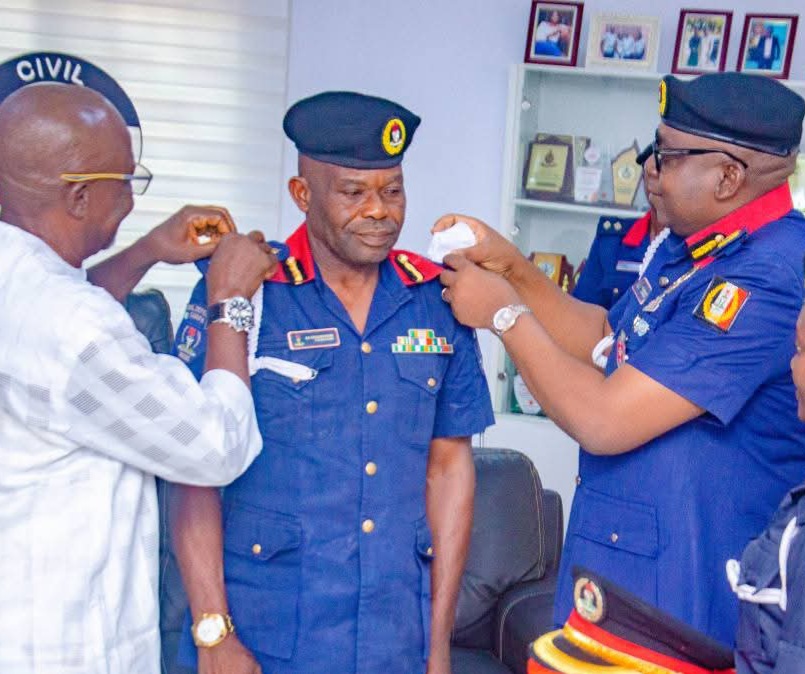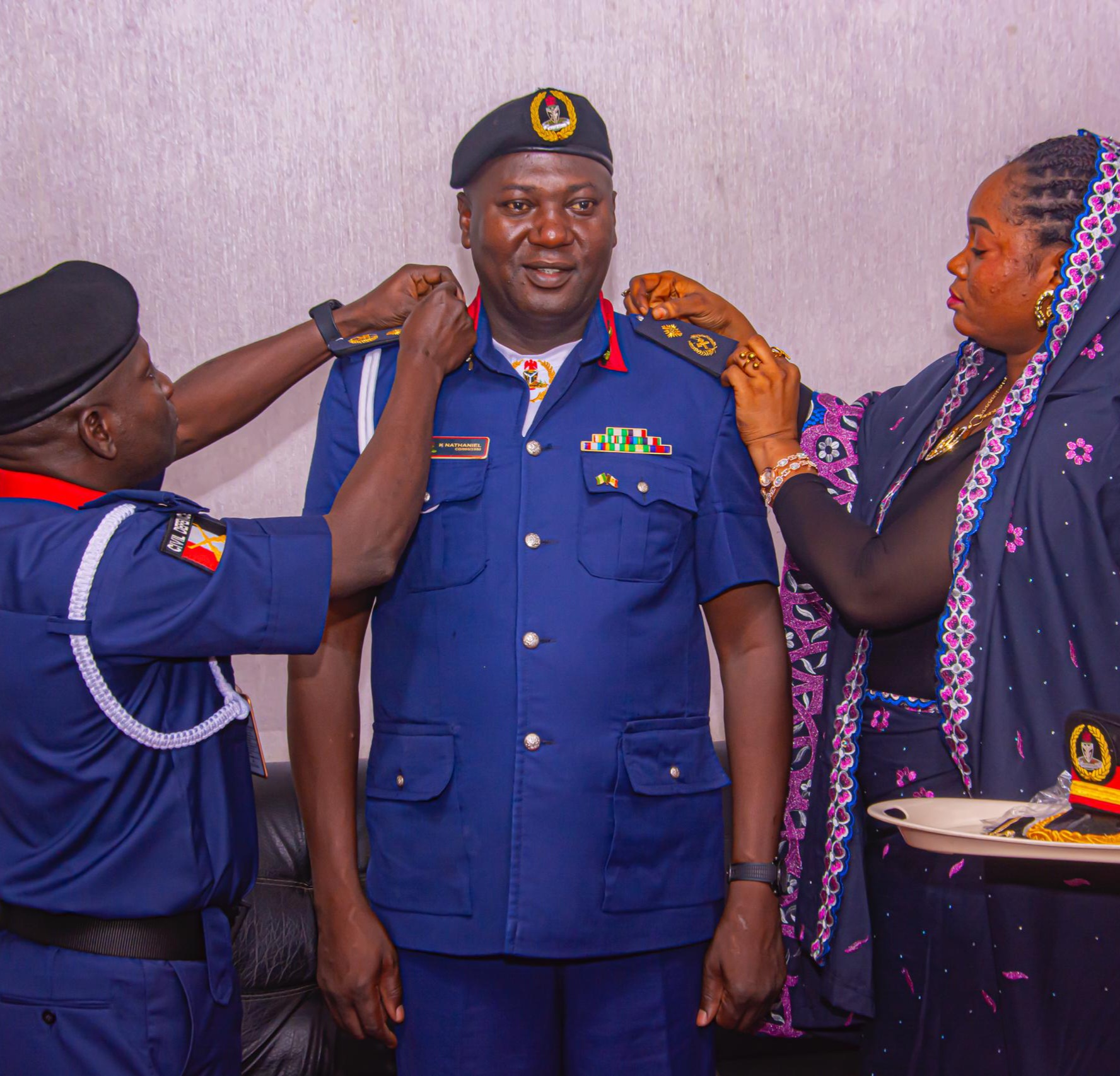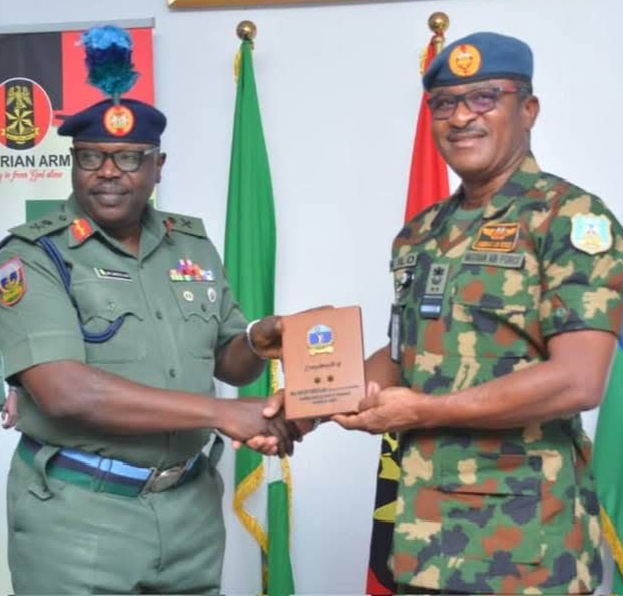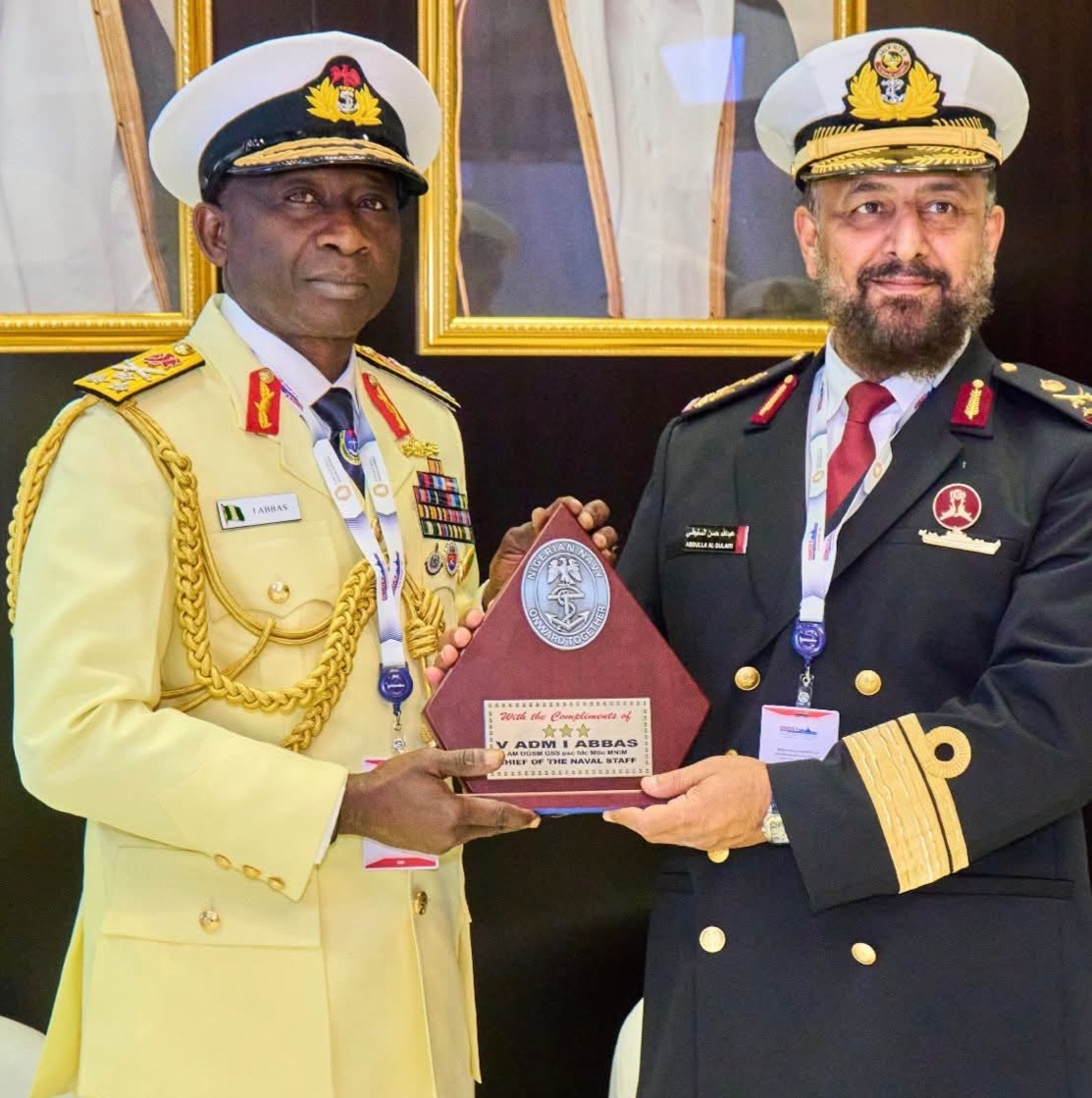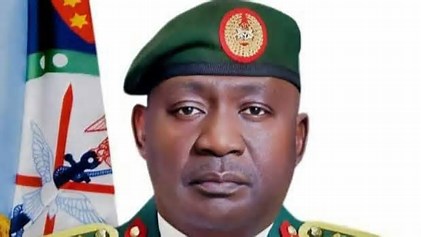
The ‘All-of-Society Approach, a strategy that emphasizes collective action and collaboration in addressing security challenges, has been touted as a panacea for Nigeria’s insecurity woes. Nigeria’s Chief of Defence Staff, Gen Chris Musa, is a major proponent of this strategy and has been quite strident in his advocacy for its adoption in dealing with the festering terrorism, insurgency, and banditry in the country.
He believes that such a comprehensive approach involving all segments of society is crucial in addressing Nigeria’s security challenges, which have remained intractable for close to two decades. As the country grapples with extremist insurgencies, banditry, kidnappings, and separatist movements, the Defence Chief’s stance serves as a timely reminder that security is a collective endeavour and not the concern of the security agencies alone. However, in a society deeply divided along ethnic, religious, and political lines, the effectiveness of this approach is significantly limited. We will soon see why.
At its core, the all-of-society approach (also known as the whole-of-society approach) seeks to foster a collaborative environment where government agencies, military and law enforcement personnel, citizens, and civil society organizations work in tandem to address the root causes of insecurity. This synergy is crucial in preventing the exploitation of societal vulnerabilities by criminal elements.
The concept actually originated in the field of public health but has since been applied to other endeavours to tackle problems that affect many different parts of society and that can be tackled effectively only by society-wide action and cooperation. The adaptation of this approach to counterinsurgency efforts was popularized by Nicholas Rasmussen, Executive Director of Global Internet Forum to Counter Terrorism (GIFCT), who at the 20th anniversary of 9/11 considered it an “evolvement of counterterrorism strategies from a focus on integrating a whole-of-government effort to a much wider, more expansive, and inclusive whole-of-society approach to addressing terrorism and violent extremism challenges.”. In his exposition of factors that must be in place for the approach to be effective, Rasmussen was emphatic that unity of purpose is crucial.
It is believed that by embracing this inclusive strategy, Nigeria can tap into the collective resilience and strength of its citizens, ultimately forging a more robust and sustainable security framework. As the Chief of Defence Staff often puts it, “Everybody needs to join hands together, support members of the armed forces and the police, and ensure that we are able to defeat these insurgents and terrorists.”
For a truth, you can hardly find today a public officer who is more forthright and sincere to Nigerians than Gen Christopher Musa. Each time he had the opportunity or cause to speak to Nigerians; he bared his mind in the most coherent and convincing manner that easily resonates with his audience. We appreciate him for that but here’s some home truth for him: the effectiveness and workability of the all-of-society approach in Nigeria is highly questionable. Why? Because the country’s deep-seated divisions along ethnic, religious, and political lines pose significant challenges to implementing this approach seamlessly and effectively.
In a society where primordial fault lines are pronounced, it’s difficult to achieve the level of cohesion and cooperation required for an all-of-society approach to succeed. Nigeria’s complex web of ethnic, religious, and political fault lines creates a fractured society where trust and cooperation are often in short supply. In such an environment, the all-of-society approach, which relies on the active participation and collaboration of all stakeholders, faces significant hurdles.
When ethnic, religious, and other primordial sentiments are heightened, individuals and groups often prioritize their parochial interests over the greater good. This can lead to a lack of cooperation and coordination among different segments of society, undermining the collective effort required to address security challenges. It is the reason why some people will see something and refuse to say anything!
Furthermore, in a divided society, the government’s efforts to promote the all-of-society approach may be viewed with suspicion or even hostility by certain groups. This can be particularly true in cases where there are perceived biases or imbalances in the distribution of resources, opportunities, or attention. This is the situation in Nigeria; the all-of-society approach is struggling to gain traction in regions where historical grievances, perceived marginalization, or ongoing conflicts have created an atmosphere of mistrust and hostility. In such contexts, the government’s efforts to promote collective action may be seen as insincere or even manipulative. This explains why some members of communities where troops are deployed tend to empathize with the adversary instead of the troops. It is also the reason why troops position or movements are often sabotaged by compromised or disgruntled folks.
It is also a known fact that Nigerian politicians quite often exploit these fault lines to divide the people, creating an “us versus them” mentality, thereby making it extremely difficult, if not impossible, to galvanize the entire society towards a collective cause. The polarization is so pronounced that it threatens to undermine any effort to build a united front against insecurity.
Nowhere are these fault lines magnified and weaponized to undermine the unity and faith of Nigeria more than the social media landscape. It is there that conflict merchants, agent provocateurs, and vuvuzelas of political overlords exploit our differences to create more chasm in the polity, making it even more difficult for the country to forge the common front needed to tackle common challenges such as insecurity.
Furthermore, it is also in that social media domain that mischievous and manipulative elements posing as patriots or supporters of government deploy weaponize our primordial differences to fan the embers of division and hatred, often by pitching one ethnic or religious section against the other. A number of such odious characters come to mind: a former presidential aide who resides abroad but commands the followership of an army of youth and impressionable minds back home. This fellow is adept at making divisive, ethnic-themed posts and commentaries with the dark intention of sowing discord, fuelling tension, and creating conflicts among people from different ethnic, cultural, or social backgrounds.
Ultimately, the success of the all-of-society approach in Nigeria depends on the government’s ability to create an environment of trust, inclusivity, and cooperation. By acknowledging and addressing the complex historical, social, and economic factors that underpin Nigeria’s divisions, the government can lay the groundwork for a more effective and sustainable collective effort to address the country’s security challenges.
To overcome these limitations, it is essential to address the underlying issues that fuel Nigeria’s ethnic and religious divisions. This requires a sustained effort to promote dialogue, understanding, and reconciliation among different segments of society. In other words, for the “all-of-society approach” to be effective, it is essential to pay attention to the primordial sentiments that divide the country. This requires deliberate efforts to promote unity, inclusivity, and social cohesion. By acknowledging and respecting the diversity of the Nigerian people, we can begin to break down the barriers that hinder collective action. This is where parastatals like National Orientation Agency (NOA) comes in.
Nigeria needs to foster a sense of national identity and shared citizenship. This can be achieved through education, cultural exchange programs, and inclusive policies that promote economic empowerment, social justice, and equality. All these sum up to good governance, and like Gen Musa told members of the House of Representatives during their sectoral debate on security some time ago and has often repeated, good governance, not military might, is key to resolving Nigeria’s persistent insecurity challenges.
After all, who doesn’t know that there is a correlation between bad governance and a spike in insecurity? Who doesn’t know that inept and corrupt governments breed poverty, hunger, misery, destitution, despondency, frustration, irritability, desperation, and ultimately criminality in society?
All said, the best place to begin if we truly want to galvanize the needed public support for Nigeria’s internal security operations is to emplace mechanisms—programs and policies—that promote unity among Nigerians in spite of our diversity. This is the condition precedent for a working and effective all-of-society approach to counterterrorism.
Chidi Omeje is the Publisher/Editor-in-Chief, Security Digest
(www.securitydigestng.com)

